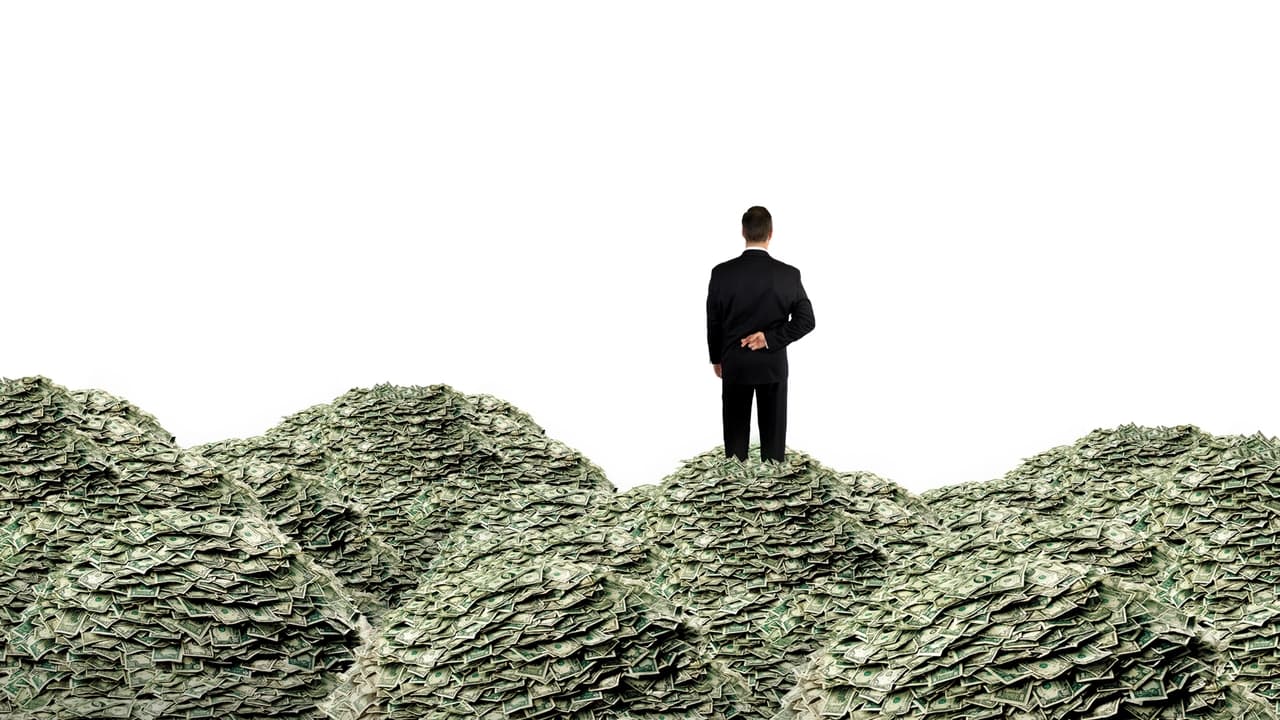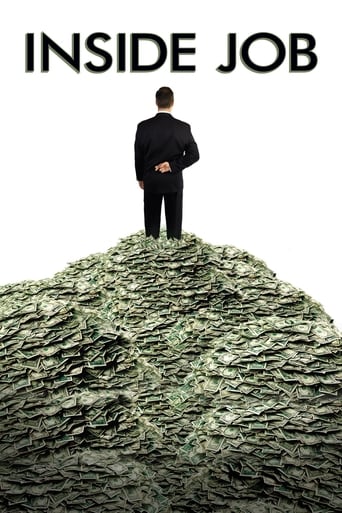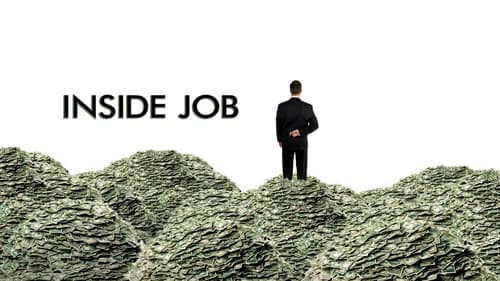



Very well executed
There is just so much movie here. For some it may be too much. But in the same secretly sarcastic way most telemarketers say the phrase, the title of this one is particularly apt.
View MoreIt's funny, it's tense, it features two great performances from two actors and the director expertly creates a web of odd tension where you actually don't know what is happening for the majority of the run time.
View MoreThe acting in this movie is really good.
I mean seriously: Is it surprising that people with a lot of money can not get enough. We call it greed and it is looked down upon by the majority of people (especially those who just are not in that position to screw people over to gain personally from that). It's obvious and if you listen to the things being said, it should have been even more obvious this was going to be a car crash.One with many victims, but also a couple of people who made money off of it. Again morally bankrupt, but not financially. What's even worse is that you can't really make those people pay. The ones who made most of it, have too many lawyers, too much money, to get into real trouble. That being all said and while the sentiment and the overall watching will hurt (if you're even the least bit compassionate), it's still one of those documentaries you want to watch ... Hopefully it means people learn from this, but do we really believe this won't happen again, one way or another?
View MoreThis is a documentary about the 2008 financial collapse. It starts with an examination of the Icelandic banking deregulation in 2000. Then it takes a casual walk through the banking sector from the post WWII. It digs into the people involved in the 2008 meltdown. Then it tries to lay out the aftermath.This is a well researched, coherent and relatively easy to understand. The most damning is laying out the army of people who are tied to the investment industry that are in government. The interconnection and the conflicts of interest are truly eye-opening. It is definitely coming at the meltdown with a view point and sometimes, it tries to connect too much. On a minor note, the Matt Damon is pretty good.
View MoreBrilliant documentary on the causes of the Global Financial Crisis of 2008. Damning in its examination of the greed, conflicts of interest, apathy, mismanagement, corruption and sheer criminal activity that drove the event, and which, unfortunately, still pervades the financial services industry today. Well researched, with well-crafted interviews and illuminating background material. Hardly a stone is left unturned. Definitely worth watching. In decades to come, this movie will be the chronicle of the early-2000s.
View MoreWhen I first saw Charles Ferguson's Inside Job, I got lost in its concepts, its economic jargon, and its lengthy, drawn-out explanation of the 2007-08 financial crisis North America, and pretty much the world, was impacted by. After a semester of AP (advanced placement) Macroeconomics under my belt, I return with the idea that I think I know anything and everything about macroeconomics, the economy, and approach Inside Job with more of a knowledge about its terms. This is the kind of film that is reminiscent of one of those social clubs downtown where, if you try to jump in with no background knowledge as to what some of the basics of the club are, you're going to be lost in the shuffle.The film attempts to explain to the average person - who bears some understanding of the American macroeconomic system - why the last few years have been painful, why the recovery has been lengthy and ostensibly nonexistent, and why the financial crash occurred in the first place. I won't begin to try to summarize it here for several reasons: it could spawn a plethora of confusion, the explanation, even in a simple sense, deserves its own separate blog post, and that's what the film is for in the first place.I will say that the film's main point of why we entered such a crippling recession in the first place was because of banks marketing heavy loans to people they knew couldn't afford them. The loans were called "subprime loans," and even the issuers of the loans were betting against the casual American investor who bought into the scheme. Millions defaulted on their mortgage payments and their loans, and as a result, the housing market crashed and we were left with millions in a dire financial turmoil.The field of economics is, in my opinion, alienating beyond belief, because, much like science, it seems every single sentence in an article bears three or four words you don't understand. When trying to find definitions on those words, you are lost and wayward in trying to find the meaning of other words that were given in the definitions of the words you initially didn't understand. To top it all off, even on the news, you hear about murder, drugs, suicide, war, terror, the weather, and so on - everything that seems much more active and interesting than hearing that "the DOW dropped 'x' amount of points today." Inside Job attempts to cut through that alienation and, in turn, makes complex ideas accessible to the general public. Furthermore, the film details how during the time of the massive economic downturn, the field of economics lost a great deal of credibility because economists decided to write false reports and deliver false ideas on the economy's progress and current state for others, all working to swindle the common American investor and work for only ones personal gang. It's a cruel and unusual truth that, as a result, put a damper on an unbelievably valuable field that teaches one how to conserve and utilize current resources.The only concern of my was the way the film was edited, which seemed to be geared towards giving some people less opportunity to speak. Some interviews are cut off right after a question is asked, which usually happens after one of the talking head economists says something stupid. One thing I'm beginning to notice about documentaries is how editing plays a big part in the message they convey, and I couldn't help but feel that editors Chad Beck and Adam Bolt cut out crucial additional material that would've further shed light on certain circumstances, rather than stopping at one of the economist's poorly-worded answers.If anything, the film goes on to illustrate the idea that there is no one you can't trust but yourself in today's world. The Wall Street brokers and investors couldn't care less about you, as they spend a hefty part of their salaries and your investments on high-end hookers, drugs, and Girls Gone Wild tapes, the economists want to work in lockstep with those giving them the biggest kickbacks, and even the wealthy CEOs of banks we've all heard of can orchestrate large schemes but still can barely answer a simple question without fumbling the words. It's a frightening world we live in nowadays, one that, despite more awareness to many social issues and one that tries to emphasize safety, is still extremely reckless in many respects.Inside Job, in a documentary's sense, is one big, angry, well-stated argument that makes an attempt to clarify all the information one needs to know about the financial crisis and even attempts to place blame on the individuals that apparently caused such a crisis. It's a hefty goal for itself, and the film really shouldn't succeed as well as it does. However, through clarity, a brisk-pace, and the ability to give us a clear indication on why this film impacts each and every one of us deserves praise that should simply not be shortchanged. It's an important picture; arguably the most important you'll see in a specific year.Narrated by: Matt Damon. Directed by: Charles Ferguson.
View More